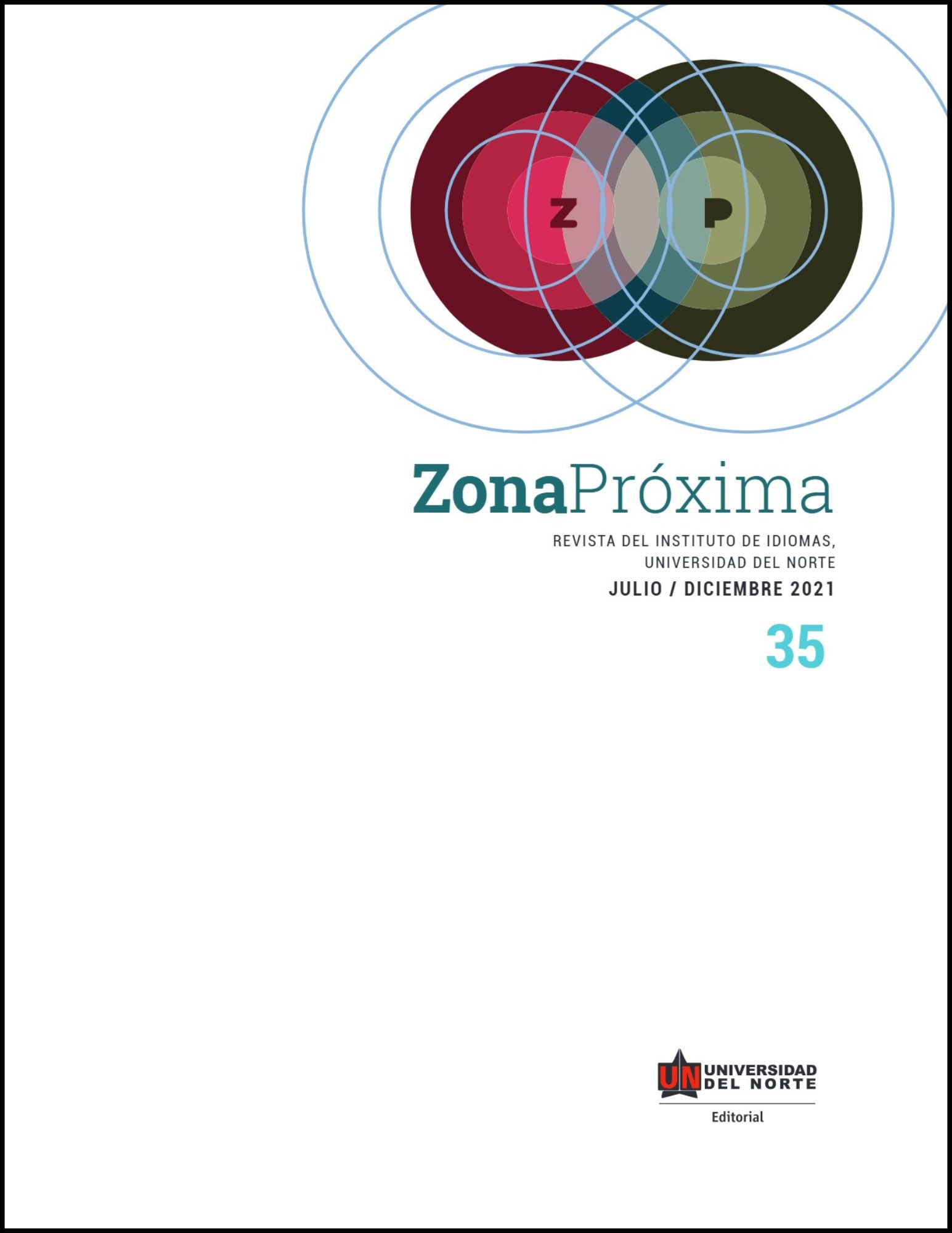Abstract
This experience describes the use of videotaped microteaching as a tool to develop self-reflection of student-teachers’ performance in an English teaching training program for elementary and secondary education.
The pedagogical use of video has allowed student-teachers to identify essential elements of their professional performance throughout their teacher training, providing significant evidence of recognition of their strengths and needs for improvement. This identification and awareness of relevant aspects of their teaching, permits students to produce substantial changes in their peda- gogical work. In this way, analysing videotaped microteaching promotes the construction of student-teachers’ professional identity, and it leads to the development of a reflective habit around the impact of the pedagogical practice in the learning process of their students.
Some students of EFL methods course, perform a 10-15 minute-microteaching to their fellow students in the program (freshmen and sophomore) who are part of the Language and Communication in English course, and, also, record this pedagogical instance in order to conduct an exhaustive performance analysis, as well as a self-reflection through a specific assessment rubric.
As a way of providing senior students with a real context to perform their microteaching, teachers from the Program organize different opportunities to microteach their first-year classmates. Students of both levels of the program have been able to give an account of their perceptions regarding the microteaching experience, as well as describing the strengths and flaws during their initial teacher training process.
References
Alsuhaibani, Z. (2019). Perceptions and Practices of EFL Pre-service Teachers about Reflective Teach-ing. Arab World English Journal (AWEJ), 10, 62-73.
Bandura, A. y Walters, R. H. (1974). Aprendizaje social y desarrollo de la personalidad. Anaya.
Blández, J. (2010). La investigación-acción: Un reto para el profesorado. INDE publicaciones.
Calandra, B., Brantley-Dias, L., Lee, J. y Fox, D. (2009). Using Video Editing to Cultivate Novice Teachers’ Practice. Journal of Research on Technology in Education, 42(1), 73–94.
Darling-Hammond, L. y Bransford, J. (Eds.). (2005).
Preparing teachers for a changing world: What teachers should learn and be able to do. John Wiley & Sons.
Domingo, À. y Gómez, M. V. (2014). La práctica reflexiva: bases, modelos e instrumentos. Narcea Ediciones.
Esteve, J. M. (1993). El choque de los principiantes con la realidad. Cuadernos de pedagogía, 220, 58-63.
Farrell, T. (2008). Reflective Practice in the Professional Development of Teachers of Adult English Language Learners. Center for Applied Linguistics.
Herguedas, J., Aranda, A. F., & Martín, S. V. (2017). El uso del vídeo para el análisis competencial de la práctica docente en la formación inicial del profesorado de educación física. CIAIQ 2017, 1.
Gysling, J. (1992). Profesores: un análisis de su identidad social. CIDE.
Harford, J., MacRuairc, G. y McCartan, D. (2010). ‘Lights, camera, reflection’: using peer video to promote reflective dialogue among student teachers. Teacher development, 14(1), 57-68.
Lortie, D (1975). Schoolteacher. Chicago: The University of Chicago Press.
MINEDUC, C. (2003). Marco para la buena enseñanza. C&C impresores.
Önal, A. (2019). An exploratory study on pre-service teachers’ reflective reports of their video-recorded microteaching. Journal of Language and Linguistic Studies, 15(3), 806-830.
Perrenoud, P. (2001). Desarrollar la práctica reflexiva en el oficio de enseñar. Barcelona: Graó.
Prieto, M. (2004). La construcción de la identidad profesional del docente.
Revista enfoques educacionales, 6(1), 29-49.
Serdar Tülüce, H. y Çeçen, S. (2018). The use of video in microteaching: affordances and constraints. ELT Journal, 72(1), 73-82
Vaillant, D. y Marcelo, C. (2015). El ABD y D de la Formación Docente. Madrid: Narcea.
Veenman, S. (1984). Perceived problems of beginning teachers.
Review of Educational Research, 54(2), 143-178


